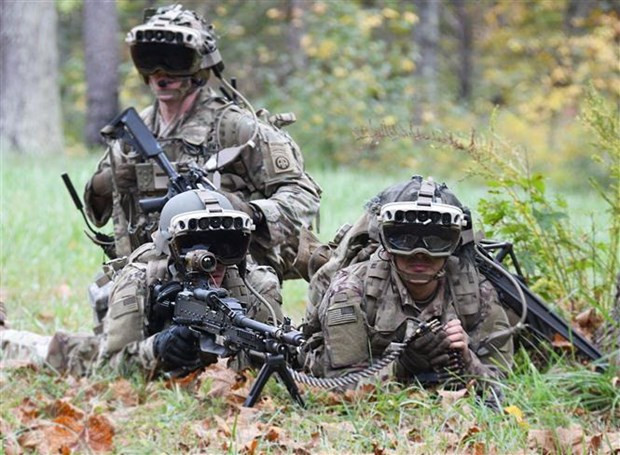The US and its allies say suspending the Conventional Forces Control Treaty in Europe will help "strengthen NATO's deterrence and defense capabilities".

On November 7, US National Security Advisor Jake Sullivan announced that the US and its North Atlantic Treaty Organization (NATO) allies have decided to temporarily suspend the implementation of obligations under the Conventional Forces Control in Europe (CFE) Treaty from December 7.
The decision was made after Russia withdrew from the CFE.
The White House statement said the decision was made after close consultation and coordination with NATO allies. Several non-NATO CFE member states also supported the delay.
Reiterating the Joint Statement issued at NATO headquarters, the US and its allies said that suspending the implementation of CFE obligations would help "strengthen NATO's deterrence and defense capabilities".
On the other hand, the United States, NATO allies and other responsible partners continue to affirm their commitment to effective control of conventional weapons, considering it a key part of Euro-Atlantic security, and will continue to take measures to enhance security and stability in Europe, reduce risks, prevent misunderstandings, avoid conflicts and build trust.
Earlier the same day, the Russian Foreign Ministry announced that the procedure for withdrawing Russia from the CFE had been completed and that this document was no longer valid for Moscow.
The Russian Foreign Ministry added that any agreements between Russia and NATO member states in the field of arms control are not possible from November 7.
According to VNA